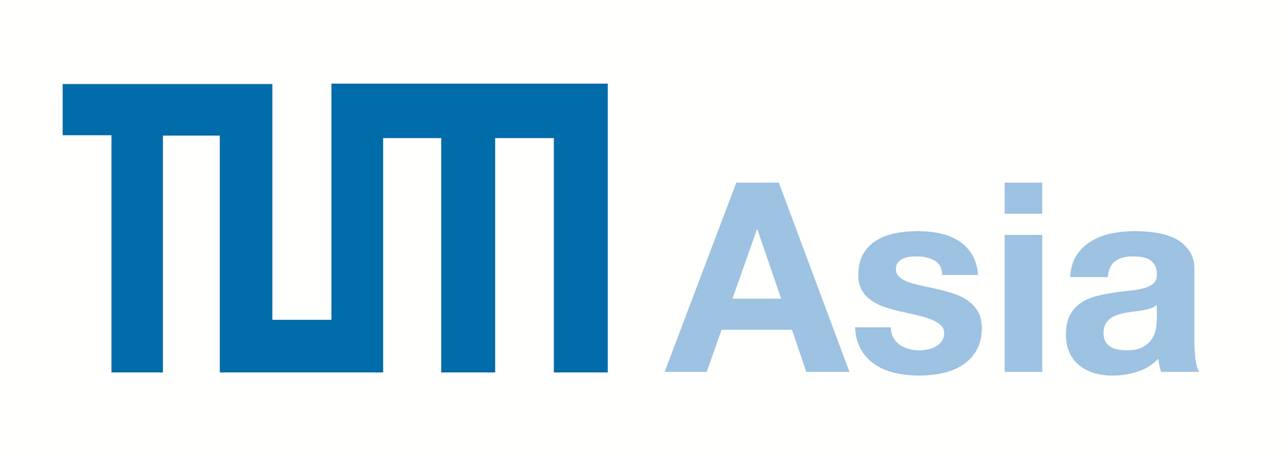The World of Logistics: Prof. Peter Klaus




 +1
+1 The DIGEST team had the opportunity to interview Professor Peter Klaus, who has been teaching in TUM Asia’s Transport and Logistics Programme for the past nine years. He shares his experiences in the Logistics industry and his views on the future of the industry.
Hi Prof. Klaus, can you share with us about your background and career experiences?
Prof. Klaus: I must say that my journey to becoming a university professor was not the usual academic career path. I grew up and worked in the environment of a family-owned transportation business, where I learnt to drive trucks and went through the typical 3-year German “dual” vocational training programme in transport and forwarding. I pursued my “Dipl.Kfm”, (which loosely corresponds to an MBA) alongside practical and managerial work in the transport industry.
After my family sold the business, I spent 4.5 years in the United States to pursue a Doctoral degree in Business Administration at Boston University, followed by a Master’s in Transportation at Massachusetts Institute of Technology (MIT). That was the official start of my academic career path. For nearly 20 years, I held the Chair for Business Logistics at the University of Erlangen-Nuernberg and was responsible for a research unit at the German Fraunhofer Institute, called the Nuernberg based “Supply Chain Services” group.
Now I am officially retired, but I enjoy my teaching assignment at TUM Asia, serve on several company boards and professional committees, and am still involved in some research and consulting work.
You have taught in the TL programme for 9 years now. What keeps you coming back to teach?
Prof. Klaus: For one, I find it a fascinating opportunity to meet and work with Asian students and learn firsthand about Asia. I also must admit, that teaching small groups here, in a relatively informal environment, is more fun than teaching in a big public university with lots of administrative things to take care of.
“I BELIEVE THAT THERE ARE PLENTY OF OPPORTUNITIES WE CAN APPLY THE DISCIPLINES OF MATHEMATICS AND ENGINEERING IN THE LOGISTICS INDUSTRY.“
Could you give us some insights to your main academic interests?
Prof. Klaus: My academic interests have always been influenced by my experiences and involvement with the “real world” business problems. One focus has been on market research and monitoring developments in the very big, yet often underestimated logistics service industry. Another focus is on exploring the application of behavioral and organizational aspects, and even Political Science to the fields of Logistics and Supply Chain Management. I believe that there are plenty of opportunities we can apply the disciplines of Mathematics and Engineering in the Logistics industry.
What would you consider to be the key learning points in the module that you teach at TUM Asia?
Prof. Klaus: Following up on what I just said, I try to make students understand how useful – or even necessary – it is for real world managers to look at industry problems through the lenses of several disciplines. Therefore, I would also like to emphasize that there are tremendous career opportunities in the diverse and growing field of logistics.
What are some rapid developments in the logistics industry that students will have to be prepared to face?
Prof. Klaus: Today, everyone is stressing on the role of Digitalization in the future of our industry, and I am no different here. But there are other equally important developments, such as dramatically-changing demographics and lifestyles, and the ever more frequent political and social disruptions, that should be observed and considered as well. For example, in countries like Germany, it is increasingly a challenge to attract more drivers to operate the trucks. This is due to road congestions and regulatory restrictions which cause their productivity to decline. Here is where advanced technologies are necessary and useful to increase productivity. Students must be more sensitive towards such real world dilemmas and learn to apply their creativity to solve them.
With your years of teaching experience, what is one important life lesson that students should embrace while preparing for the workforce?
Prof. Klaus: I recently found a quote that says, “Curiosity is the door to wisdom”. If I add on to that, a lesson I would like to share: “It is curiosity and persistence that drives a successful career”.
–
The full interview with Prof. Peter Klaus was published in our regular newsletter, DIGEST. Read the full article on pages 14-15 here >>
Prof. Klaus teaches in our TUM Master of Science in Transport & Logistics programme, which has been running since 2009. The programme has been revamped into the TUM Master of Science in Rail, Transport & Logistics for the AY2019/2020 intake. More information about the programme >>
Admissions for the TUM Master of Science in Rail, Transport & Logistics programme opens on 15 October every year. Apply here >>




























